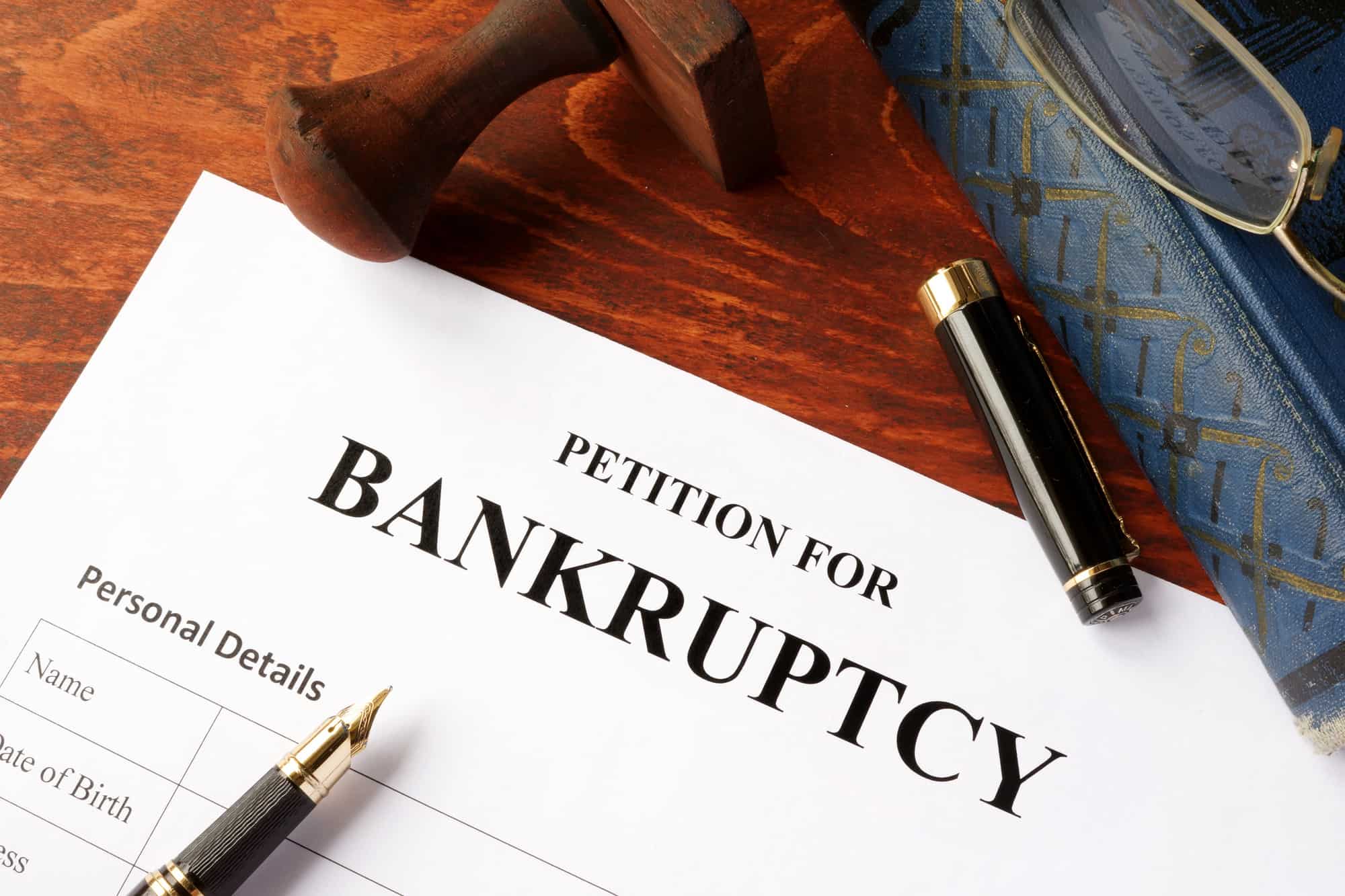Imagine this kind of scenario. You are walking peacefully in the park when you trip over something and fall. As a result, you suffer personal injuries that require medical attention.
Your injury was caused by another person’s negligence or intentional wrongdoing. This is what is known as personal injury.
A successful personal injury claim requires that several elements be present. Failure to prove one or more elements of a personal injury claim can result in damages not being awarded or the claim being dismissed altogether.
This blog post discusses the various elements of a personal injury claim and explains why they are all so critical. Read on to learn everything you need to know.
What Is a Personal Injury Accident?
Before we dive into the elements of a personal injury claim, it is important to understand exactly what qualifies as a personal injury accident.
A personal injury accident is any situation in which an individual suffers harm due to another person or entity’s negligence or intentional wrongdoing.
This could be anything from a slip-and-fall incident to medical malpractice, workplace injuries, car accidents, or anything in between.
Elements of a Personal Injury Claim
A successful personal injury claim must include all the following elements:
1. Duty of Care
The first element essential to a successful personal injury claim is a duty of care. This element requires that the person or entity at fault had a legal obligation to act in such a way as not to cause harm to you or others.
For example, if you are in a car accident due to another driver’s negligence, they had a duty of care to drive safely to avoid causing an accident. For you to claim damages, you must be able to prove that the other motorist had a duty of care and failed to abide by it.
2. Breach of Duty of Care
The second element required for a successful personal injury claim is a breach of duty. This means that the defendant must have breached their duty of care in some way for you to be able to claim damages.
For example, if you were involved in a car accident due to the other driver’s negligence, they must have breached their duty of care by speeding, driving recklessly, or failing to yield.
Typically, your personal injury lawyer will gather different pieces of evidence showing how the defendant’s actions breached their duty of care. For example, if they were driving while intoxicated, that would be an obvious breach of duty.
3. Causation
The third element required for a successful personal injury claim is causation. This means you must be able to prove that the defendant’s negligence or intentional wrongdoing caused your injuries.
For example, if you were injured due to a car accident, you must be able to prove that the other driver’s negligence caused your injuries. This is typically done by collecting evidence such as police reports, witness statements, and medical records.
Failure to link your injuries to the defendant’s negligence or intentional wrongdoing can result in your claim being dismissed.
4. Damages
Finally, the last element of a personal injury claim is damages. This means that you must be able to prove that you suffered tangible losses due to the defendant’s negligence or intentional wrongdoing.
Damages can include economic losses such as medical bills, lost wages, and property damage, or non-economic damages such as pain and suffering.
Your personal injury lawyer will help you calculate the amount of damages you are entitled to claim based on your unique circumstances.
How Fast Should I File My Claim?
It’s important to file your personal injury claim as soon as possible after the accident. Every state has a statute of limitations, which is a deadline for filing your claim.
If you miss this deadline, you could lose the opportunity to seek compensation for your injuries and damages. So even if you’re feeling overwhelmed or unsure about pursuing a claim, it’s best to reach out to an experienced personal injury lawyer as soon as possible.
They can provide you with the legal guidance and support you need to navigate the claims process safely and successfully.
Summary
A successful personal injury claim requires that all four elements discussed above be present: Duty of Care, Breach of Duty, Causation, and Damages. If any element is missing or cannot be proven, you risk your claim being dismissed or not receiving full compensation for your losses.
That’s why it’s important to work with an experienced personal injury lawyer who can help you navigate the legal process and ensure that your claim is successful.
If you have been injured due to someone else’s negligence or intentional wrongdoing, contact a personal injury lawyer today to learn more about the process of filing a claim and what types of compensation you may be entitled to.









